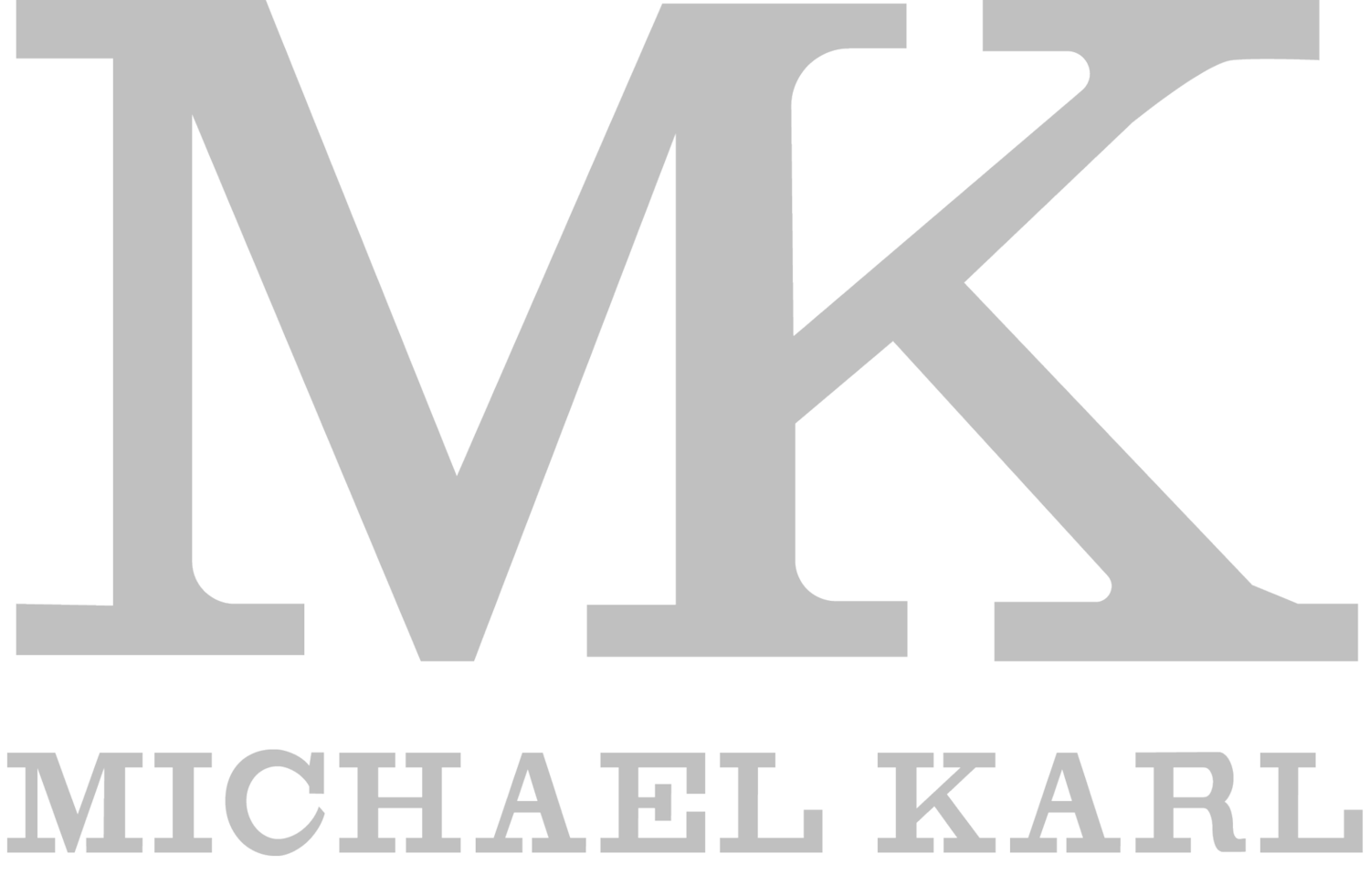In the realm of business, the ability to negotiate effectively is crucial to achieving goals, forging strong relationships, and resolving conflicts. Michael Karl, a renowned expert in the art of influence and persuasion, has showcased his impressive skills on the hit TV show Penn & Teller: Fool Us. As a speaker and trainer, he shares his knowledge on mastering the intricacies of negotiation, empowering others to achieve win-win results in their professional and personal lives.
In this revelatory blog series, we delve into Michael Karl's insights on becoming a master negotiator, focusing on essential skills, tactics, and strategies for successful negotiation. By refining your approach and harnessing the power of influence and persuasion, you can gain a competitive edge—enabling you to navigate complex situations with confidence and finesse.
From fostering rapport and understanding your counterpart's needs to effective communication and employing psychological tactics, these blog posts provide a comprehensive guide to successful negotiation.
Embrace the wisdom of Michael Karl's expert guidance and transform yourself into a master negotiator. As you refine your negotiation skills, you will notice the profound impact it has on your career, relationships, and ability to clear obstacles and create opportunities for success.
Establishing Rapport: Building Trust and Understanding
Building rapport with your counterparts at the outset of a negotiation is essential for fostering trust and understanding, ultimately leading to more productive discussions and favorable outcomes. Based on Michael Karl's insights, here are some techniques for establishing rapport:
1. Make a personal connection: Share something about yourself and express genuine interest in getting to know your counterpart on a personal level.
2. Find common ground: Identify shared experiences, objectives, or interests to create a foundation for cooperation and trust.
3. Pay attention to nonverbal cues: Be mindful of your body language, including maintaining eye contact, mirroring the other party's gestures, and conveying openness and attentiveness.
By building rapport with your negotiating partner, you can create a constructive and collaborative atmosphere for resolving issues.
Effective Communication: Clarity and Active Listening
Clear communication is key to successful negotiation. Michael Karl emphasizes the importance of both expressing your needs and goals effectively, as well as honing your active listening skills to understand the other party's perspective. Utilize these communication techniques:
1. Be concise and specific: Articulate your needs, objectives, and concerns in a clear and easily understandable manner.
2. Practice active listening: Listen attentively to your negotiation partner, validating their feelings and reciprocating by asking clarifying questions or rephrasing their points.
3. Strategically employ silence: Allow for pauses and moments of silence to provide space for contemplation and reflection.
Embracing effective communication tactics can help you ensure mutual understanding, minimize misunderstandings, and pave the way for a smoother negotiation process.
Understanding the Other Party's Needs and Interests
Comprehending your counterpart's underlying needs and interests can provide valuable insight for devising creative solutions that address both parties' concerns. According to Michael Karl, adopt these strategies to better understand the other party:
1. Ask open-ended questions: Encourage your negotiation partner to reveal their thoughts, perspectives, and priorities by asking probing questions.
2. Identify their motivations: Determine the reasons behind their requests or positions, seeking deeper insight into their objectives and concerns.
3. Discover hidden interests: Be attentive to cues that might reveal undisclosed needs or points of flexibility, which could open the door for potential concessions or compromise.
By gaining a comprehensive understanding of the other party's needs and interests, you can identify opportunities for mutually beneficial outcomes.
Employing Persuasive Tactics: Harnessing the Power of Influence
Michael Karl's expertise in influence and persuasion can be easily adapted and applied to the negotiation process. Here are some persuasive tactics to elevate your negotiation skills:
1. Leverage the principle of reciprocity: Offer something of value in exchange for a concession or accommodation from your counterpart.
2. Use anchoring techniques: Position your proposal strategically to influence the other party's perception and expectations, laying the groundwork for a desired outcome.
3. Highlight social proof: Utilize testimonials, case studies, or examples of other successful negotiations to demonstrate the validity or effectiveness of your proposed solutions.
By mastering these persuasive tactics, you can encourage your negotiation partner to be more receptive and open to your proposals, increasing the chances of a favorable outcome.
Embrace Michael Karl's Expert Guidance and Excel as a Master Negotiator
By delving into Michael Karl's expert insights on the art of influence and persuasion in negotiation, you can acquire the knowledge and skills necessary to excel in the world of negotiation. Embrace techniques for building rapport, effective communication, understanding the other party's needs, and employing persuasive tactics to negotiate with confidence, skill, and finesse.
As you refine your negotiation skills, you will witness the profound impact it has on your career, relationships, and ability to create opportunities for success. Allow the wisdom of Michael Karl's guidance to transform you into a master negotiator, excelling in the art of influence and persuasion to navigate the complex and high-stakes situations that are inherent to the world of business.
With each successful negotiation, you will continue to strengthen your connections, build trust, and positively influence outcomes, ultimately fostering personal and professional growth. Contact us today and see how we can help you become the best sales speaker!

